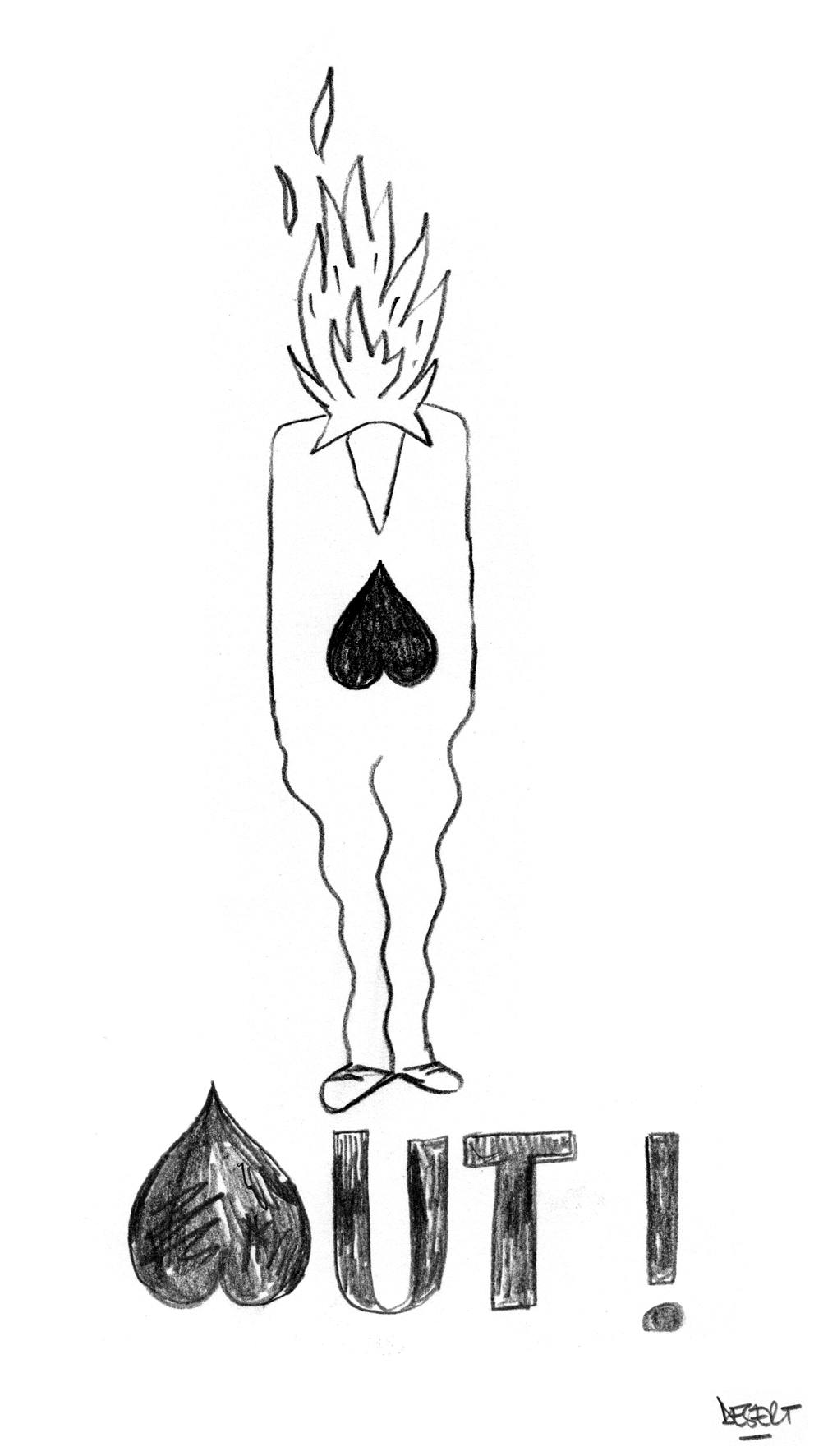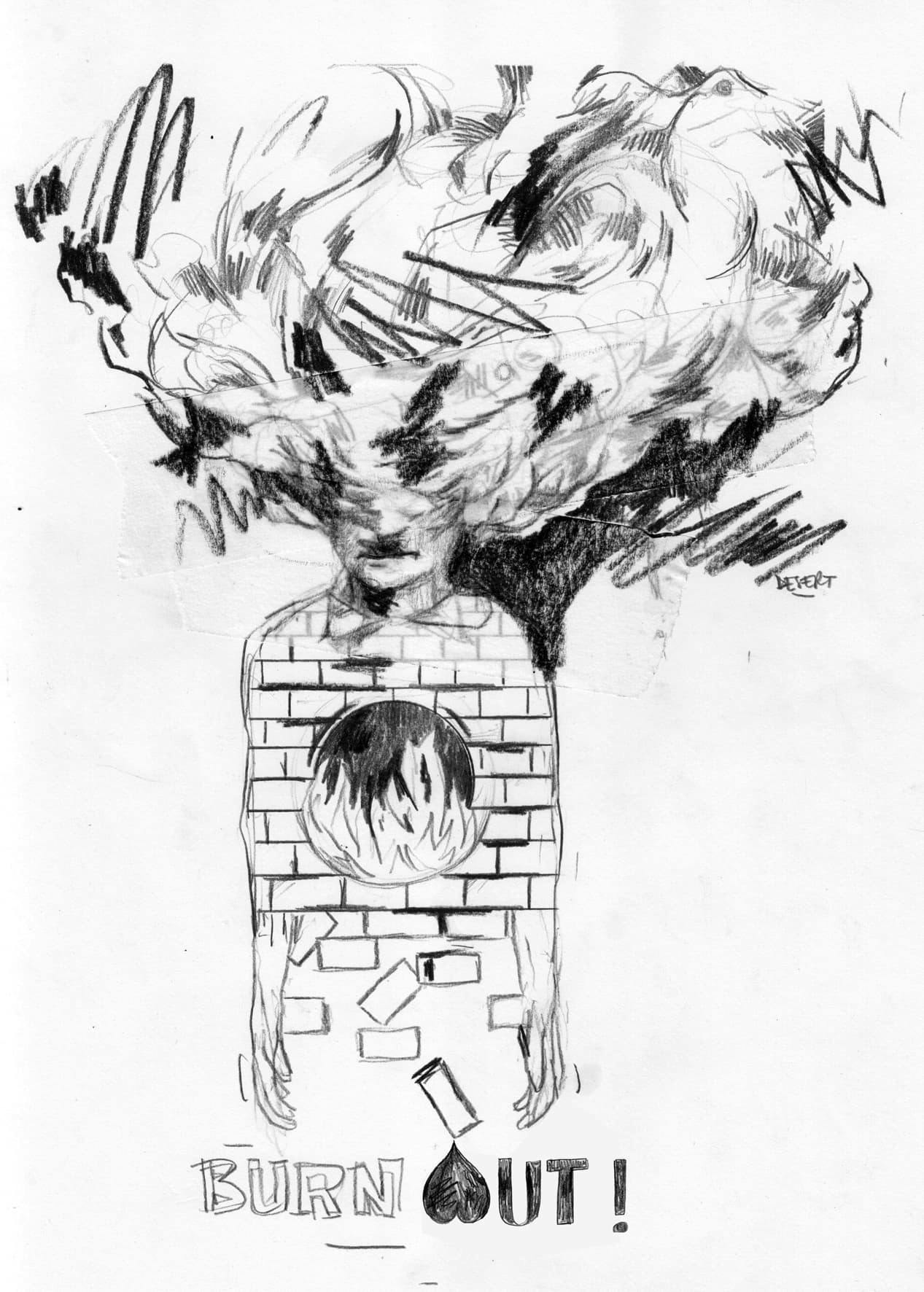
Rethink Culture to Drive Successful Transformations
Rethink Culture to Drive Successful Transformations
December 2025



May 2025

Burnout doesn't happen overnight.
It's a slow descent. Weak signals that we are rejecting. "It's going to pass" that we repeat to ourselves. Until the day when the body, the heart or the head say stop. In short, it happens.
Here are some testimonies of people in a situation close to burnout, that I have met in recent months:
"It all started with diffuse fatigue, irritability, sleep disorders and this feeling of permanent overflow, even in my family life. It was only when I spoke with a doctor and a coach that I realized that these repeated signals were not trivial: I was flirting with the limits of burnout."
"I left the banking world to join a big four. Very quickly, I was successful with my team. My managers kept asking me to do more, even though I knew we were already at the top of our game. I was keen to do well, to prove my worth. Then the criticism began... about my age. Little by little, I lost confidence in myself. The trigger came from my husband, who is outside this universe, who told me one day: "You're not going back." I broke down, I took sick days. And since then, I feel unable to set foot in the office again. It was the end of a 3-year ordeal."
"I love my job, I find it interesting, but I can't stand the way my manager controls my every move. With my studies and my perfectionism, I aspire to autonomy. Here, the rules change according to his mood, I feel spied on, and trust is absent. I have no choice but to apply elsewhere, otherwise I'll crack. This pains me for my colleague, after 20 years of seniority, who believes that she will never have an alternative. But this situation undermines my private life... then I will leave. »
I am sure you know at least a few people in these cases. It has become the banality of everyday life, like a silent but present norm.

And you, when was the last time you took a moment to take stock of this?
The solutions exist. Therapeutic, practical, organizational. But above all, there is a path: that of transformation. Towards a more aligned, more respectful, more lively life.
More than a face-to-face
Too often, the debate boils down to two camps:
What if it was more complex than that? What if burnout revealed a collective, much broader issue?
Because it speaks of our modern rhythms of life. Of our injunctions to perform, to remain available, to adapt constantly. Little room left for rest, for quality relationships, for breathing.
We also see it elsewhere: at school, in our children's sports clubs, in community life. Burnout is the mirror of a society that is exhausted. And between us, have you asked yourself why parents shout and sometimes insult each other at the edge of the football fields on Saturday morning? Do you remember the ranking and comparison system at school? What is the culture of error and learning at the level of your organization? What are your beliefs about the success model?
What if, instead of looking for a culprit, we looked together: how can we do better?
Opening the eyes, acting on several levels
I believe that people who go through burnout are not just "victims" of a system. They are also the symptom of a changing society. Their exhaustion speaks of something greater: the need, at the collective level, to find other ways of functioning. I see them as pathfinders for change. Their stoppage, their sometimes silent cry, points to what is wrong. But let's be clear: alongside these pathfinders, there are also people who take advantage of the social system as it is today, sometimes without trying to get back on track. These two realities coexist. And it is precisely here that the debate must remain open, nuanced and lucid.
The good news is that there is no single path. There are several, complementary.
There is no magic solution. There are tracks, adjustments, tests. Small steps that, put together, change the game.

Burnout is a strong signal to rethink the way we live and work. Not just to "get better"... but to go differently.

This first article is an introduction and there are still many open questions,
Reading path to deepen the subject
Links :
Read more
Burnout: When the numbers scream
Burnout: The faces of exhaustion. Definition(s) of burnout
Burnout: The 12 steps to burnout. Take a burnout test
Burnout: The causes of burnout. Identify the cause(s)
Take action, build an anti-burnout team: Evaluate yourself via a checklist, Close the gap
The steps to be reborn. How can I get out of it if I am in the case personally?
How to support a loved one or a colleague?
Conclusion and summary of the previous articles

Did you like this article?

Rethink Culture to Drive Successful Transformations
December 2025


Burnout is rising worldwide. From Gallup to McKinsey, discover what the data — and the lack of it in Luxembourg — really reveals about workplace stress.
May 2025


Beyond the numbers: definition of burnout, symptoms vs. boreout, and lived experiences to spot risks early and avoid collapse.
May 2025
